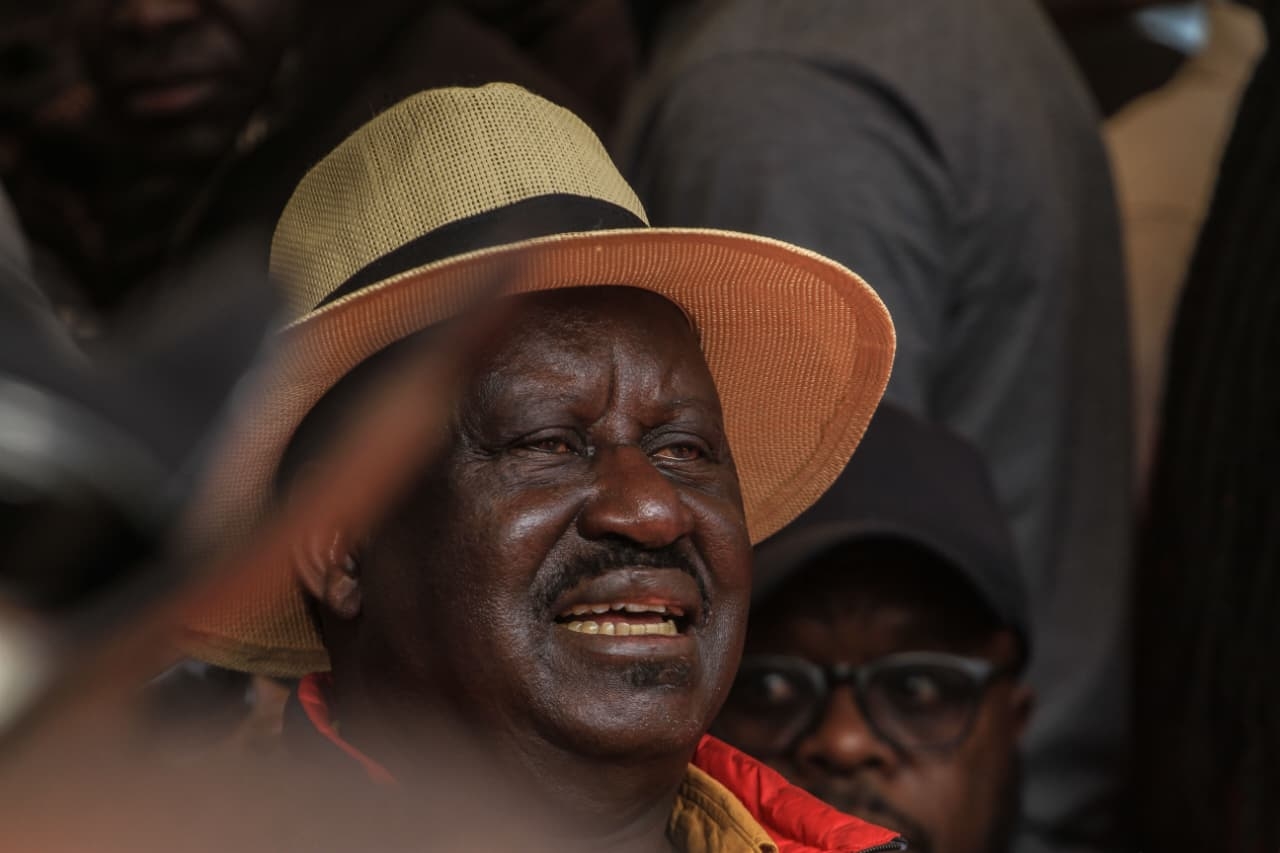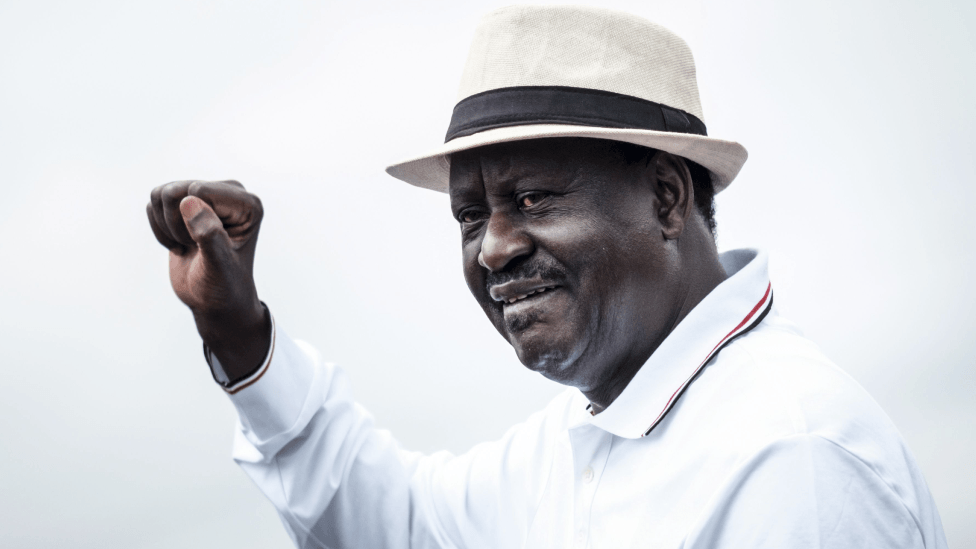MPs have annulled the campaign financing limits published by the Independent Electoral and Boundaries Commission last week for failing to meet the constitutional threshold.
The committee on Delegated Legislation has further asked members to reject the draft Election Campaign Financing Regulations, saying they were late.
In the rules, the polls agency set to cap spending by presidential candidates at Sh4.4 billion, Sh17 billion for political parties, and for the various seats up for grabs in the 2022 general elections.
MPs reprimanded the IEBC over the late submission, saying the commission had sufficient time, from August 2017, to submit the regulations for consideration.
“Having examined the draft regulations, the committee is of the opinion that the draft regulations and the Gazette Notice 8024 on contributions and spending limits for political parties and candidates for the August 9, 2022 general elections do not meet the constitutional and statutory threshold,” the committee said in its report tabled in Parliament on Tuesday.
MPs cited the Statutory Instruments Act which requires the committee to ensure that the instruments conform to the Constitution, the Act under which they are made and any other written law.
However, the IEBC was found in breach of the Election Campaign Financing Act, 2013 which provides that the rules be published after approval by MPs one year to the election date.
Lawmakers argued that the law places an obligation on the chairperson and the IEBC hence must be in line with the Act and the constitution.
“While Article 88 (4) of the Constitution mandates the commission with the responsibility of regulating the amounts of money that may be spent by or on behalf of a candidate or party in respect to elections, the commission can only exercise this power in accordance with the Constitution and national legislation,” the Tiaty MP William Kamet-led team said.
On timelines, MPs said the IEBC neither made any rules as required by the campaign financing law nor submitted the same to the National Assembly as required by the Statutory Instruments Act.
The law provides that all legislative instruments must be submitted to the National Assembly Delegated Legislation committee for scrutiny.
Further to this, MPs noted that the draft regulations submitted to the House were the same as those drawn in 2016 and were not amended to factor in any changes that might have occurred over the years.
“The commission has hurriedly concocted a quick draft with the title reading 2020 and the citation reading 2016,” the committee pointed out. “The late submission not only demonstrates unpreparedness but also offends the law requiring checks for drafting errors.”
“Despite the late submission of the draft by the IEB, the committee observed that the commission made serious omissions in its submission of the draft and had to be asked severally to send the correct draft regulations as required by law,” the MPs said in their report.
The report further flagged the breach of procedure for publication of the spending limits saying they are informed by the regulations which the House has not approved.
MPs further flagged the lack of public participation as required of public entities in the drafting of laws and other pieces of legislation that affect the lives of Kenyans.
“The IEBC has not demonstrated by way of attendance list or otherwise, when, where, and who was consulted,” the committee said.
They hold that the consultations done in 2016 cannot stand, especially with the change in circumstances that would have been factored in the 2021 regulations.
IEBC, when it appeared before the committee, said it was banking on amendments to the law governing elections to enable it to make rules to regulate election campaign financing – which the national assembly is yet to act upon.
In the ensuing developments, politicians may – by the omissions, be free from the scrutiny on their sources of funding and limits of the campaigns.
The proposed regulation required the political parties and candidates to open bank accounts to be monitored by the IEBC in the course of the campaigns and elections.
Edited by CM












